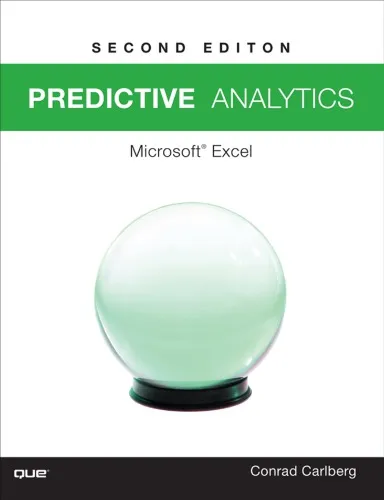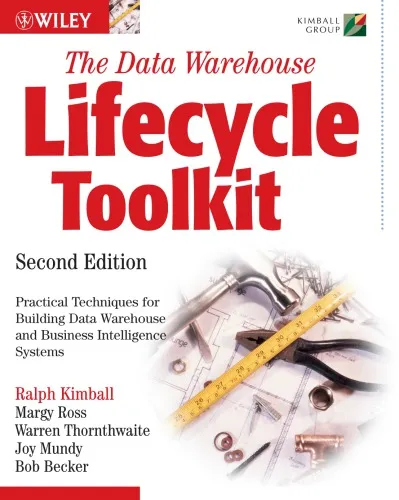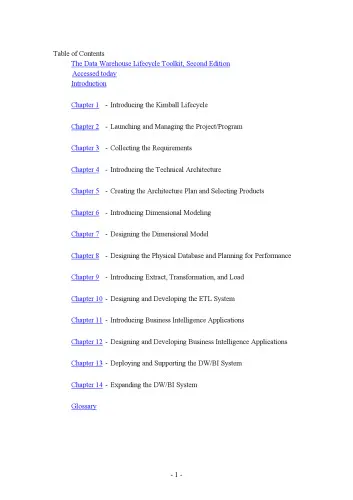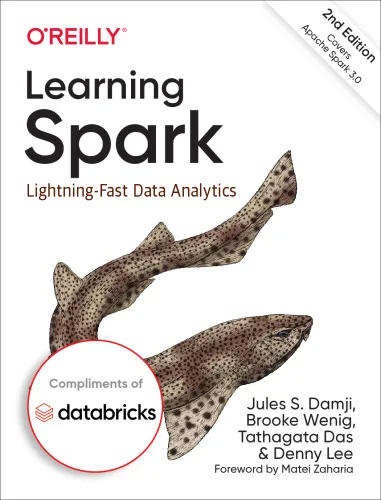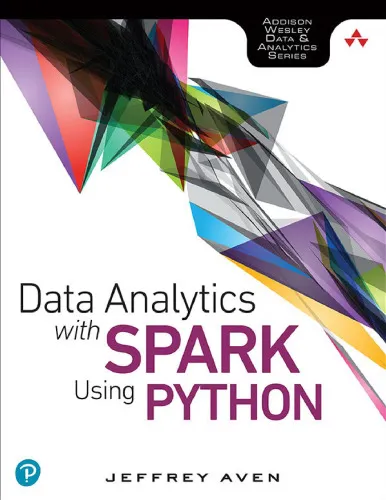Managing Data Quality: A practical guide
4.7
Reviews from our users

You Can Ask your questions from this book's AI after Login
Each download or ask from book AI costs 2 points. To earn more free points, please visit the Points Guide Page and complete some valuable actions.Related Refrences:
Analytical Summary
In an era where accurate, reliable, and timely information is central to organisational success, Managing Data Quality: A practical guide stands as a rigorous and actionable resource. Written by Tim King and Julian Schwarzenbach, the book bridges the critical gap between theory and pragmatic application, serving as a trusted companion for academics, practitioners, and executives striving to understand and improve data ecosystems.
This guide offers a structured examination of data quality management, grounded in both conceptual clarity and hands-on methodologies. It explores the multifaceted dimensions of data governance and information management, situating these topics within the broader context of digital transformation, regulatory compliance, and strategic decision-making. Rather than offering abstract ideals, it furnishes adaptable frameworks that organisations can tailor to their scale, sector, and maturity in data capability.
From identifying root causes of poor data quality to implementing sustainable remediation processes, the book charts a clear path for readers to navigate the complexities inherent in modern data landscapes. Deliberately avoiding buzzwords and transient concepts, the authors present enduring principles underpinned by experience and industry best practices.
Key Takeaways
The text delivers targeted, actionable insights that enable readers at varying levels of familiarity with data quality management to derive tangible improvements within their organisations.
Chief among these insights is the recognition that data quality is not a static achievement but an ongoing discipline, requiring sustained attention, governance structures, and cultural alignment. Readers will learn to identify measurable indicators of data quality, enforce accountability through well-defined roles, and integrate quality control into everyday business processes.
The secondary keywords—data governance and information management—are not treated as peripheral topics; they are interwoven throughout the book as foundational pillars. Lessons extend beyond purely technical considerations, encompassing organisational behaviour, policy-making, and the economic impacts of quality initiatives.
Memorable Quotes
“Data is an asset whose value is defined by its accuracy, completeness, and relevance.”Unknown
“Quality information enables quality decisions; poor data leads directly to organisational risk.”Unknown
“Managing data quality is a shared responsibility, not a departmental checkbox.”Unknown
Why This Book Matters
For professionals who recognise that flawed data erodes trust, efficiency, and competitive advantage, this book provides both illumination and guidance.
Managing Data Quality: A practical guide is essential because it acknowledges the interplay between technology, human oversight, and policy. It deals not merely with detecting errors, but with embedding a culture that prevents them. The advice is applicable across industries, from the public sector where data governance is bound by statutory requirements, to commercial enterprises managing extensive information portfolios.
The authors’ experience ensures that strategies are realistic, and while the publication year and possible awards are listed as "Information unavailable" due to no reliable public source, the enduring relevance of its content is undeniable.
Inspiring Conclusion
Ultimately, Managing Data Quality: A practical guide invites readers to treat data not as a byproduct, but as a carefully nurtured asset central to organisational vitality.
By absorbing its lessons and applying them, stakeholders can foster an environment where accurate, relevant, and timely information drives every decision. Whether you are an academic seeking structured models, a professional aiming to refine operational processes, or a leader taking charge of strategic data governance, this book offers the roadmap you need. The next step is clear: read, reflect, and discuss its principles with peers to embed them deeply within your practice.
Free Direct Download
You Can Download this book after Login
Accessing books through legal platforms and public libraries not only supports the rights of authors and publishers but also contributes to the sustainability of reading culture. Before downloading, please take a moment to consider these options.
Find this book on other platforms:
WorldCat helps you find books in libraries worldwide.
See ratings, reviews, and discussions on Goodreads.
Find and buy rare or used books on AbeBooks.
1238
بازدید4.7
امتیاز0
نظر98%
رضایتReviews:
4.7
Based on 0 users review
Questions & Answers
Ask questions about this book or help others by answering
No questions yet. Be the first to ask!
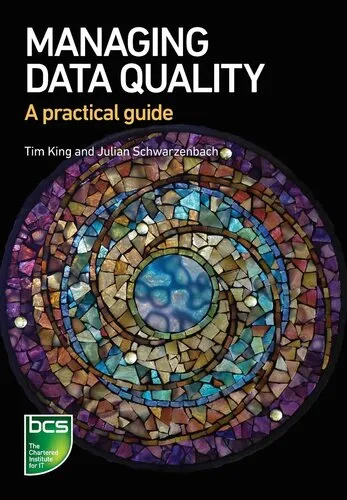
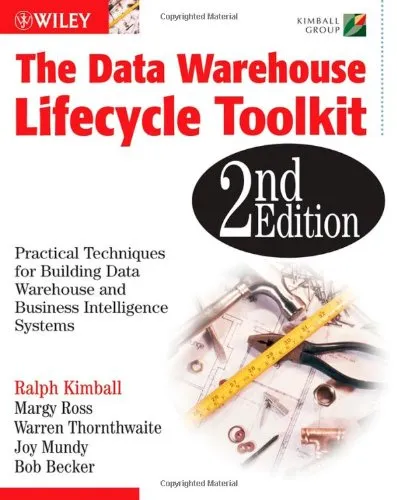


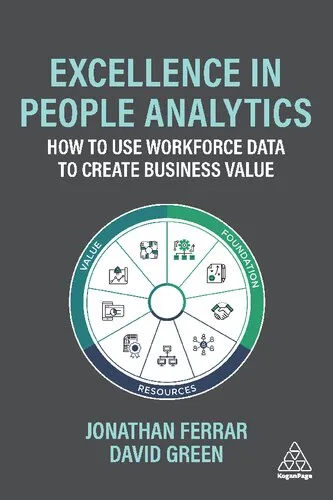
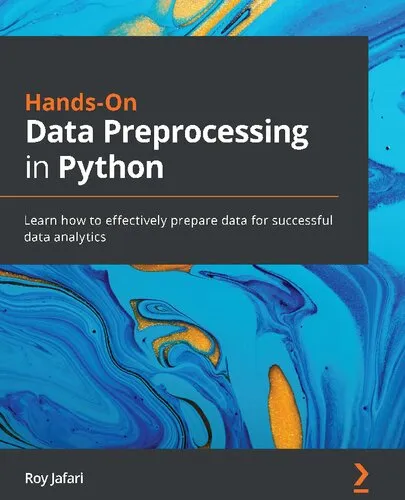
![Practical Data Quality: Learn practical, real-world strategies to transform the quality of data in your organization [Team-IRA]](https://s3.refhub.ir/images/thumb/Practical_Data_Quality__Learn_practical__real_38764.webp)


